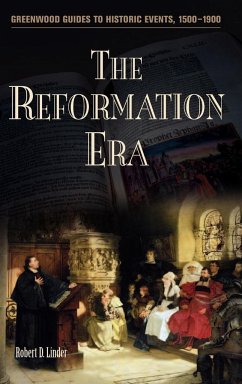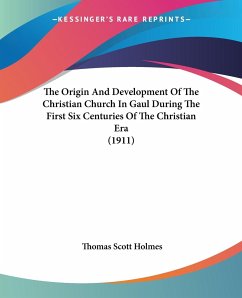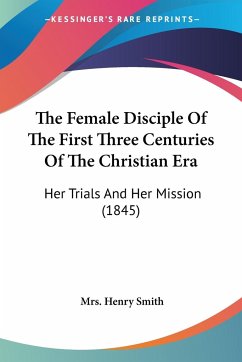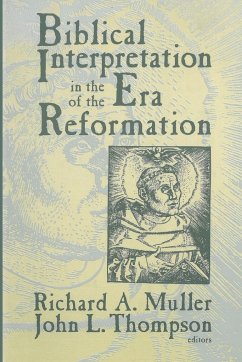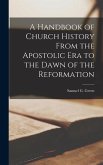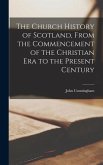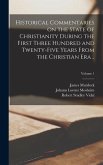Although religious unrest had been brewing in Western Europe long before Martin Luther nailed his Ninety-Five Theses to the door of the Castle Church in Wittenberg, Germany, historians view this event as the tipping point that shattered the unity of the Medieval Catholic civilization. Disillusioned by Church bureaucracy and awakened by the rise of Renaissance Humanism, Western Europe was primed for an alternative to the old order. Protestant reformers called for a return to scripture and a focus on individual faith, and the Catholic Church responded with a new focus on spirituality that culminated in the Council of Trent. In modern spiritual revivals, religious debates, and newer Church reforms, we can still see the legacy of the era Linder calls Midwife to the Modern World.
Hinweis: Dieser Artikel kann nur an eine deutsche Lieferadresse ausgeliefert werden.
Hinweis: Dieser Artikel kann nur an eine deutsche Lieferadresse ausgeliefert werden.

